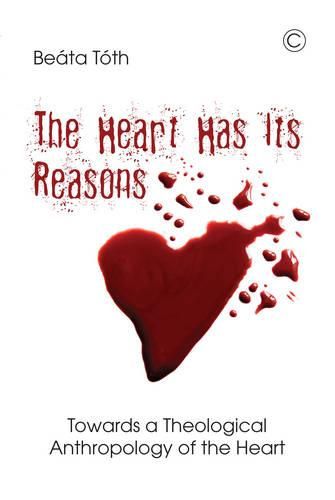Readings Newsletter
Become a Readings Member to make your shopping experience even easier.
Sign in or sign up for free!
You’re not far away from qualifying for FREE standard shipping within Australia
You’ve qualified for FREE standard shipping within Australia
The cart is loading…






The Heart Has Its Reasons explores a hitherto neglected area of theological anthropology: the unity of human emotion and reason embodied in the Biblical concept of the heart. While the theological contours of human rationality have long been clearly drawn and presented as the exclusive seat of the image of God, affectivity has been relegated to a secondary position. With the reintegration of the body into recent philosophical and theological discourses, a number of questions have arisen: if the image (also) resides in the body, how does this change one’s view of the theological significance of human affect? In what way is our likeness to God realised in the whole of what we are? Can one overcome the traditional dissociation between intellect and affect by a renewed theory of love? In conversation with patristic and medieval authors like Irenaeus, Tertullian, Gregory of Nyssa, Maximus, and Thomas Aquinas, and in dialogue with more recent interlocutors such as Blaise Pascal, Ricoeur, Marion, Milbank, and John Paul II, Beata Toth pursues a novel theological vision of the essential unity of our humanity.
$9.00 standard shipping within Australia
FREE standard shipping within Australia for orders over $100.00
Express & International shipping calculated at checkout
The Heart Has Its Reasons explores a hitherto neglected area of theological anthropology: the unity of human emotion and reason embodied in the Biblical concept of the heart. While the theological contours of human rationality have long been clearly drawn and presented as the exclusive seat of the image of God, affectivity has been relegated to a secondary position. With the reintegration of the body into recent philosophical and theological discourses, a number of questions have arisen: if the image (also) resides in the body, how does this change one’s view of the theological significance of human affect? In what way is our likeness to God realised in the whole of what we are? Can one overcome the traditional dissociation between intellect and affect by a renewed theory of love? In conversation with patristic and medieval authors like Irenaeus, Tertullian, Gregory of Nyssa, Maximus, and Thomas Aquinas, and in dialogue with more recent interlocutors such as Blaise Pascal, Ricoeur, Marion, Milbank, and John Paul II, Beata Toth pursues a novel theological vision of the essential unity of our humanity.